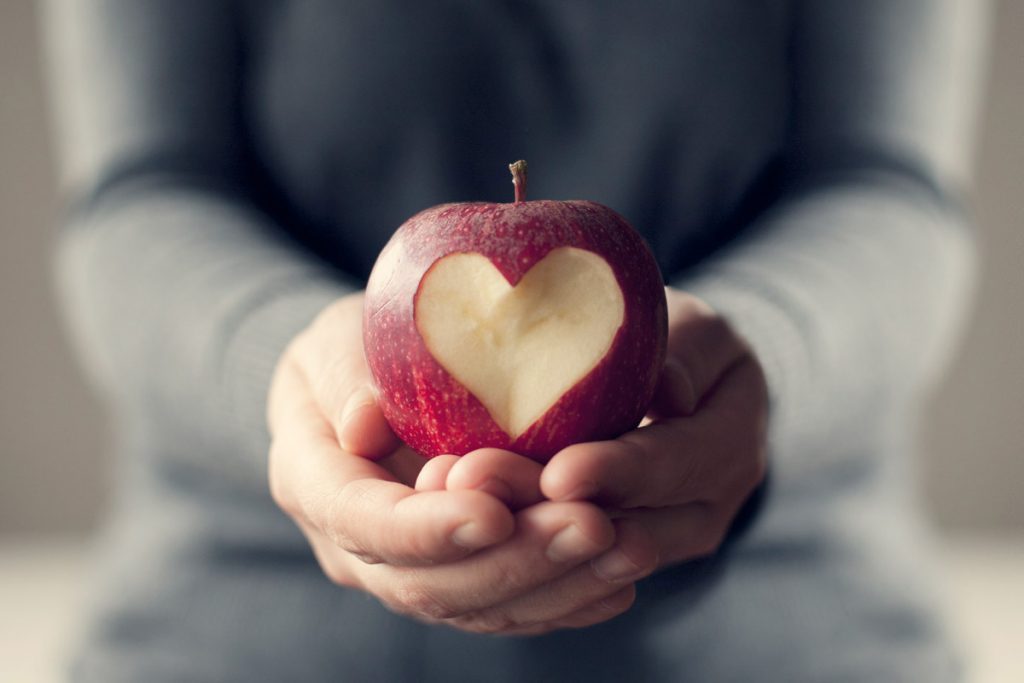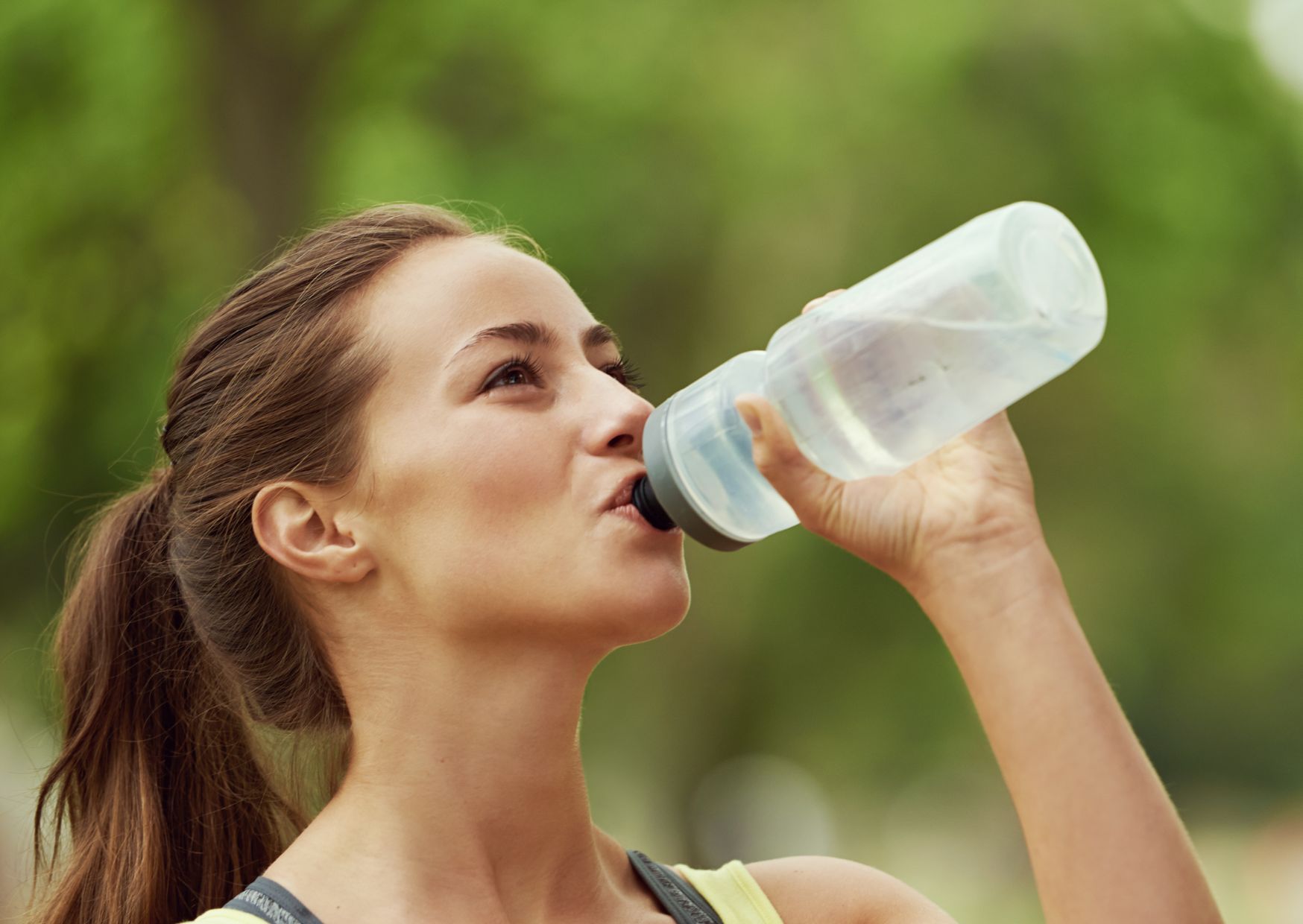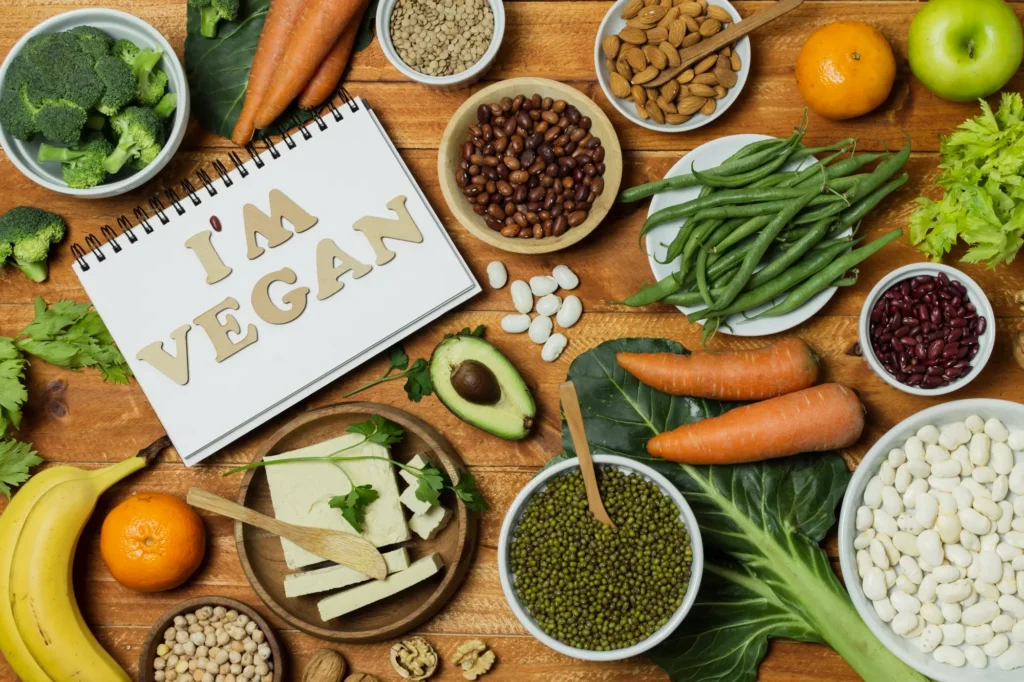
Technology is now a strong ally in the quest for better well-being. From tracking your fitness, sleep, stress, or diet, intelligent apps and appliances make it easy to monitor and improve various aspects of your well-being. This is especially beneficial for those with chronic pain, as technology can offer means of dealing with and reducing pain. With health apps in 2025, these apps are smarter than ever before, offering tailored information and practical solutions for a healthier lifestyle. From fitness trackers to stress relief apps, these apps are designed to assist us in achieving our health goals, making wellness accessible and achievable to everyone.
Here, we are going to discuss the top health apps of 2025 and how technology is revolutionizing how we take care of our health.
1. Fitness Tracking Apps: More Than Steps
Fitness apps have evolved from merely tracking steps. Fitness apps of today have integrated sophisticated features like heart rate tracking, GPS, and even customized workout plans according to your body type and fitness levels. For people who suffer from chronic pain, apps like Fitbit, Strava, and MyFitnessPal are must-haves to monitor exercise activity and modify intensity according to your body’s requirements.
- Fitbit Premium: Fitbit is famous for its wearables, and its app has grown to provide personalized advice, fitness, and sleep tracking. Fitbit Premium provides more in-depth information about your overall health, so you can monitor your long-term progress.
- Strava: Suitable for runners and cyclists, Strava’s app not only monitors your workout but also gives you a community to encourage you. Its data-based analysis assists users in optimizing their workout routine and not working out too hard, which is beneficial for individuals with chronic pain.
- Peloton: Providing live and on-demand cycling, running, strength training, and yoga classes, Peloton’s app keeps one on their toes while offering low-impact options that will not exacerbate injuries or pain.
Fitness apps are not now about working out, they’re about enabling consumers to adopt a holistic approach to working out that works for them as an individual.
2. Sleep Apps: Track and Improve Your Sleep
Good sleep is the key to overall health, particularly in people with chronic pain, because poor sleep worsens pain and hampers recovery. In 2025, sleep apps are full of features to enable you to learn about your sleeping patterns and enhance the quality of your sleep.
- Sleep Cycle: The app monitors your sleep cycles and wakes you up at the best possible time in your cycle, making you feel more refreshed and rested. The app also provides comprehensive sleep quality analysis, which can be especially helpful to those who have chronic pain and also have trouble getting restful sleep.
- Calm: Commended for its meditation and relaxation capabilities, Calm also features sleep stories, breathing exercises, and calming sounds that guide users to sleep. For individuals who coexist with chronic pain, relaxing the mind prior to sleeping can result in restorative, restful sleep.
- Pillow: It is Apple’s HealthKit compatible and monitors sleep stages and gives you insights that are tailor-made to your needs. Its smart alarm wakes you up during the best part of your sleep cycle so you feel refreshed and are less tired in the morning.
With their sophisticated sleep-monitoring features, these apps enable you to gain a deeper insight into your sleeping patterns and adjust accordingly to enhance overall rest, which can play a huge role in recovery and alleviation of pain.
3. Stress Management Apps: Find Your Calm
Chronic stress is not just an etiology and an aftermath for most diseases, including chronic pain, but also something that must be controlled to avoid pain flares and ensure mental and emotional health. Thankfully, in 2025, stress management apps are more advanced than ever, with guided meditation, mindfulness training, and even biofeedback devices to assist you in controlling stress in the moment.
- Headspace: This well-known meditation app has several guided meditation sessions that assist you in lowering stress, anxiety, and sleep improvement. Its mindfulness exercises are customizable to your personal needs and help you reduce the psychological and physical effects of chronic pain.
- Breethe: Breethe offers guided meditation, breathing exercises, and stress-relief exercises that can be performed anywhere at any time. The app’s stress-relief features are ideal for individuals who wish to relax after a stressful day or for individuals with increased pain due to stress.
- Calm: In addition to sleep stories, Calm also contains meditation programs that aim to lower stress, lower anxiety, and help with pain management. Its breathing exercises can lower your stress levels during episodes of intense pain or emotional stress, which is great for those who are suffering from chronic pain.
Through the incorporation of relaxation and mindfulness skills, these apps help regulate the user’s physical and emotional response to stress, making pain easier to manage and their quality of life better.
4. Nutrition Apps: Eating Clean Made Easy
Nutrition plays an important role in managing chronic pain and general well-being. With the rise of health-conscious consumers, nutrition apps have become more accessible, enabling you to track your food, plan healthy meals, and make better food choices without going into overload.
- MyFitnessPal: This program is one of the earlier market leaders in tracking and monitoring nutrition. MyFitnessPal allows you to record meals and monitor calorie consumption, but it also analyzes macronutrients and micronutrients in great detail. If you have chronic pain, it’s well worth ensuring you’re receiving the appropriate nutrients, including those with anti-inflammatory properties.
- Yummly: Yummly makes healthy eating straightforward by providing you with personalized recipe suggestions based on your diet and nutritional requirements. It even provides apps for meal prep and shopping lists, which makes it simple to keep your diet clean and balanced.
- Lifesum: This app provides personal meal plans, health challenges, and nutrition tracking. Lifesum encourages healthier eating by providing users with an idea of how foods impact their health objectives, such as shedding pounds, building muscle, or lowering inflammation.
Through assisting users in monitoring nutrition and finding healthy meals, these applications simplify handling chronic pain via diet while keeping general well-being in balance.
5. Chronic Pain Management Apps: Relief at Your Fingertips
For those who themselves are experiencing chronic pain, there are also apps committed to pain relief and pain management. These apps contain pain-tracking features, education regarding coping skills, and personalized recommendations for treatment.
- Curable: Curable is an application for pain management that combines education, mindfulness, and cognitive-behavioral therapy (CBT) to help individuals manage chronic pain. It is based on the neuroscience of neuroplasticity, teaching individuals how to see their brains differently in order to reduce pain perception.
- Manage My Pain: This app allows you to monitor and record your pain levels, what causes it, and how you treat them. It gives you a comprehensive pain diary, which allows you to see patterns and customize your approach to managing pain. It’s a valuable tool for anyone suffering from chronic pain, providing information that can inform lifestyle changes and therapy choices.
- PainScale: PainScale enables users to monitor pain, treatments, and medication intake. The application also has pain management features, including coping tips, physical therapy, and lifestyle modifications that minimize pain in the long term. These are applications that are dedicated to providing holistic healing remedies to chronic pain sufferers, empowering them with the abilities to manage their pain and enhance their health.
Final Thoughts
Technology is transforming the way we live healthier. With the top health apps of 2025, you’re able to monitor fitness, sleep, stress, and nutrition like never before. Whether you’re living with chronic pain or simply looking to become healthier, these innovative tools provide real-world solutions to aid your path to wellness. By adding these apps to your everyday life, you can make more informed choices, manage pain more effectively, and feel your best, one click at a time.




